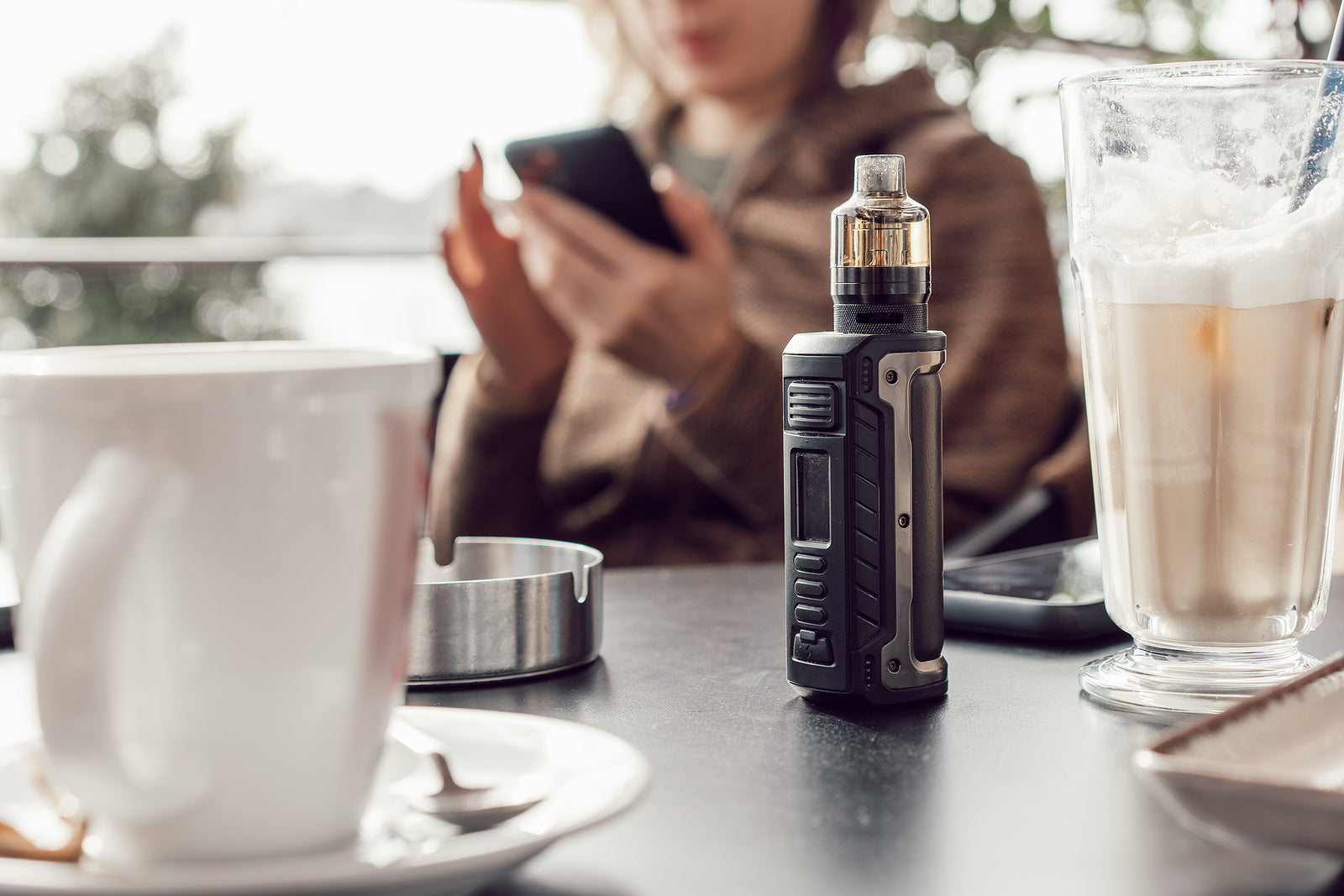If you sell vaping products, you may find that buying wholesale vapes in bulk is a very efficient way of keeping your stock levels up to meet customer demand. But it is also vital to ensure that you are retailing your stock correctly.
While the benefits of vaping for adults as a smoking cessation tool are well known and backed by the government and NHS, there is widespread concern over underage vaping, just as a previous generation fretted about the impact of schoolchildren smoking.
The question is what retailers can do to prevent underage vaping, as if this does not happen, policymakers will come under increased pressure to restrict or even ban certain products.
Lest this sound alarmist, the Children’s Commissioner for England Dame Rachel de Souza has called for disposable vapes to be banned and all other products to be put in plain packaging.
“It is insidious these products are intentionally marketed and promoted to children, both online and offline,” she remarked, adding: “I am concerned by the rise in the number of children vaping in this country, particularly given the risks it poses to their health and wellbeing.”
Labelling the market as being like the “wild west”, she said consequences include children struggling to concentrate at school due to the effect of nicotine and others avoiding school toilets because so much vaping goes on in there.
A problem with the kind of headlines that this sort of comment generates is that it can raise the perception that the vaping industry is fully culpable for the illegal habits of teenage vapers, either by stealthy marketing to them or simply flouting the law by selling to under-18s.
The reality is somewhat different. The UK Vaping Industry Association agrees with Dame Rachel in terms of protecting children but disagreed on the issue of single-use vaping products.
In a statement responding to her comments, its director general John Dunne said: “We absolutely agree that children’s wellbeing is precious at all times so they can lead healthy and happy lives.” However, he added: “We also agree that youth vaping has to be urgently tackled, but banning single-use vapes is not the answer to the issue.”
Rather than prohibiting certain devices, he said, the key is to “ensure that the regulations are stringent enough and the penalties severe enough so that those who have up to now been intent on breaking the law are discouraged from ever selling to minors again.”
Mr Dunne pointed to the fact - revealed by Arcus Compliance following a Freedom of Information request - that just two successful prosecutions have been made against those selling vapes illegally across six major cities over the past two years.
Therefore, it seems that the biggest problem is not products, nor the behaviour of most stores that sell vapes, but the failure of law enforcement to crack down on the minority that does sell them, often with a feeling of impunity as they freely supply them to youngsters with no apparent threat of being prosecuted.
What you can do, of course, is refuse to be part of the problem by remaining legally compliant. That way, you can play your part in keeping vapes away from kids and reducing understandable but misguided pressure for products to be banned.
